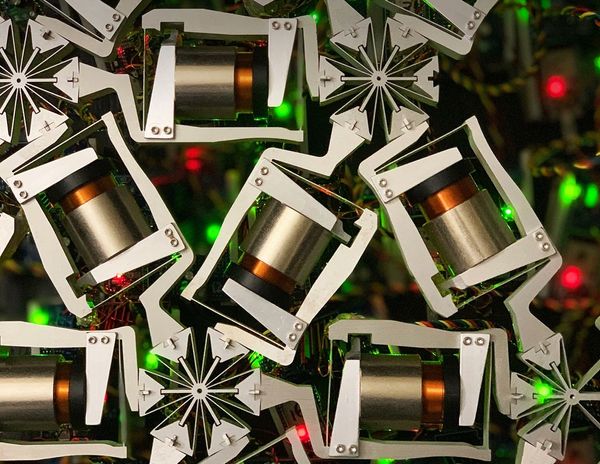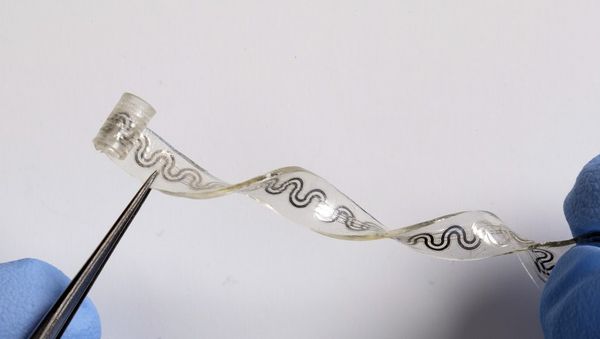A team of researchers from the University of Sydney and the University of New South Wales in Australia has given a small flock of sheep exceptionally sharp eyesight via bionic eyes surgically implanted behind their retinas. Dubbed Phoenix 99, the device works by wirelessly relaying a camera feed from a tiny camera attached to a pair of sunglasses in the form of electrical signals projected directly to the wearer’s retinas. The signals are then processed by the optical nerve and sent into the brain to create images like normal vision. The experiment aimed at making sure the implants do not cause any undesirable side effects on living creatures. With the results a success, the team now has applied to start human trials.
Zoom Out: Experts believe bionic eyes like the Phoenix 99 could become commonplace in the near future. A 2021 market research report surfaced by the BBC shows that the bionic eye industry could be worth over $400 million by 2028. Several companies like Second Sight and the Monash Vision Group are working on similar bionic eye systems. A France-based company called Pixium Vision is currently testing its retina implant-based system in humans. However, these systems are still costly, and the sight provided by these devices is relatively limited.









